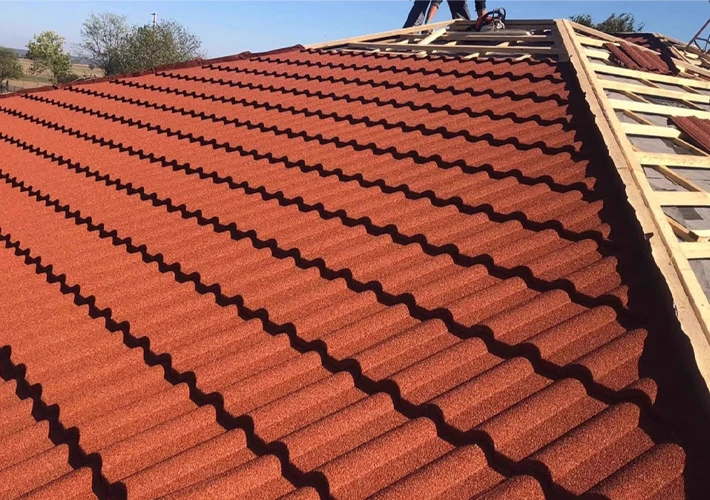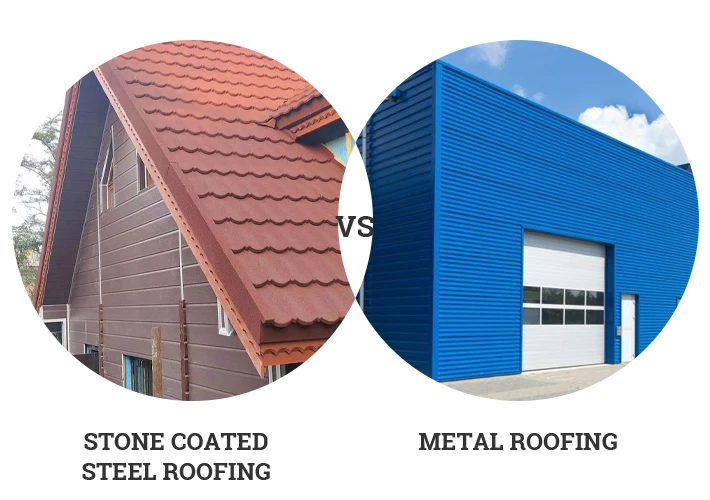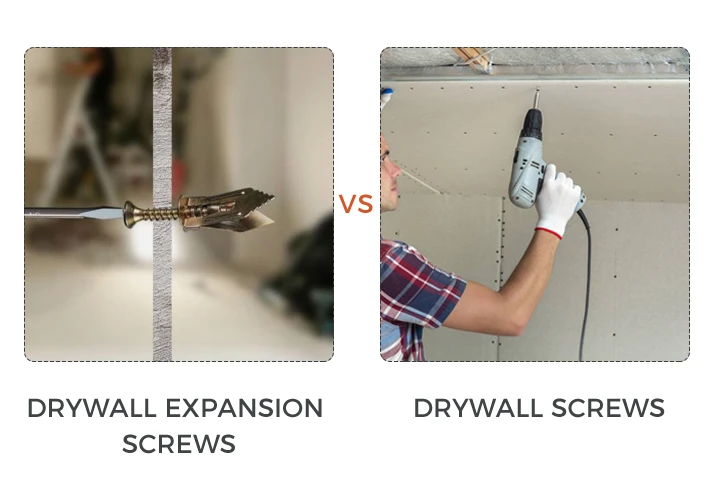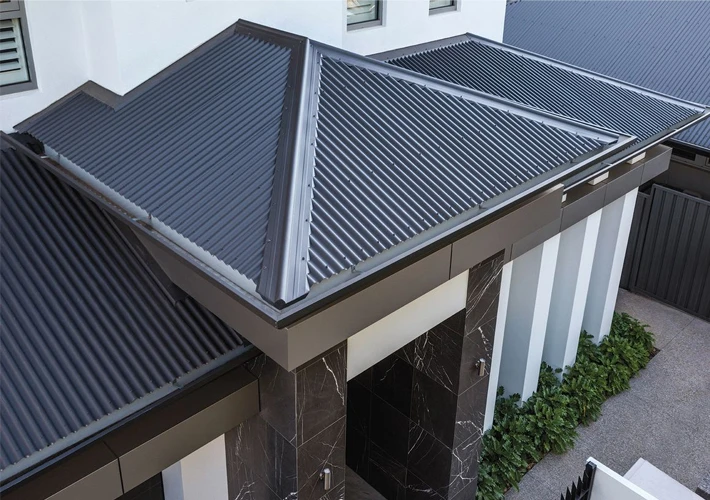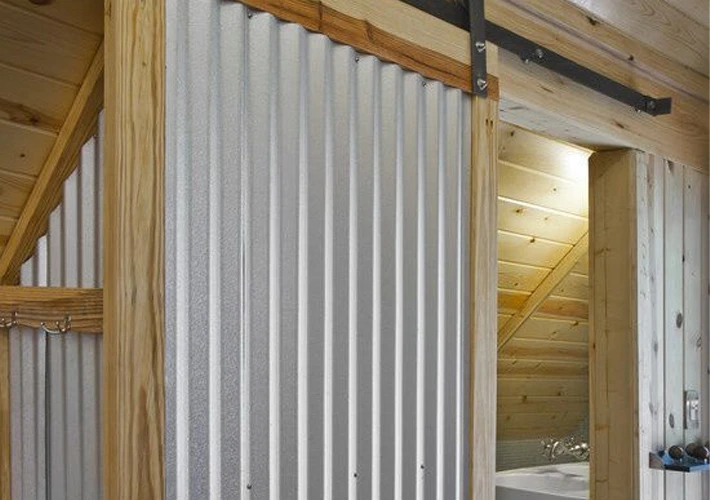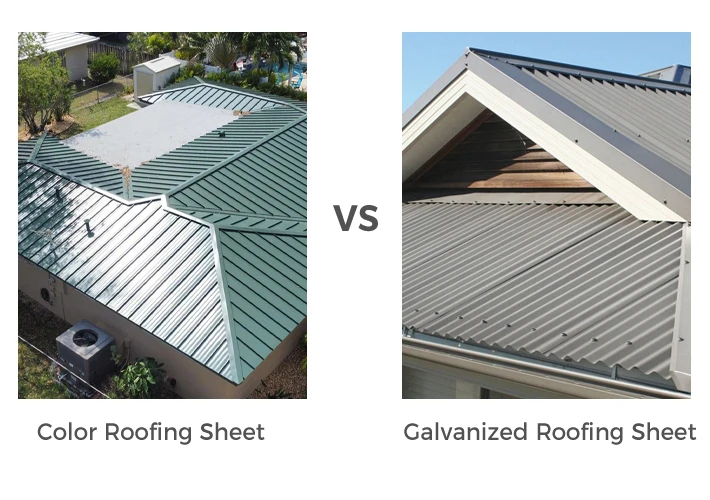Introduction
In the Canadian roofing industry, metal roof tiles have become increasingly popular due to their durability, weather resistance, and energy efficiency. With Canada’s diverse climate—ranging from heavy snowfall in the north to coastal rain in British Columbia and intense sun in the prairies—homeowners and builders prioritize roofing materials that can withstand extreme conditions while maintaining long service life. Among various roofing materials, metal roof tiles stand out for their ability to resist corrosion, fire, and wind uplift, while also offering stylish finishes that resemble traditional clay tiles, shingles, or slate.
One of the most critical considerations when choosing metal roof tiles in Canada is size. The dimensions of roof tiles directly impact installation efficiency, cost, and overall roof performance. In this article, we will provide a comprehensive overview of the commonly used sizes of metal roof tiles in Canada, analyzing their applications, benefits, and suitability for residential, commercial, and industrial projects.
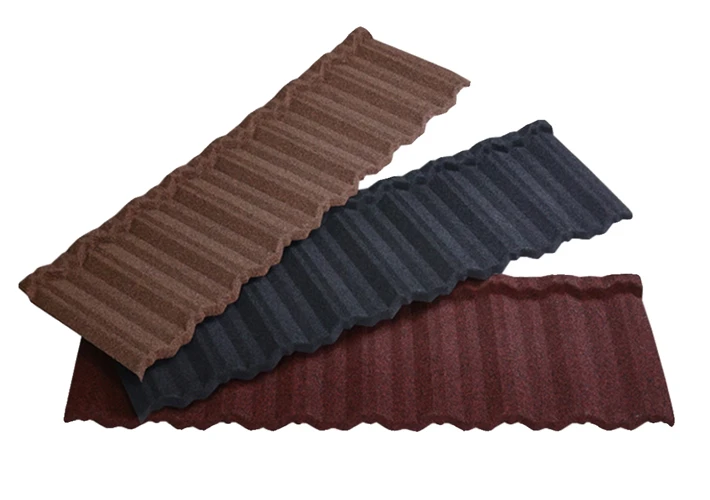
Why Metal Roof Tiles are Popular in Canada
Before diving into the sizes, it is important to understand why Canadians increasingly prefer metal roofing tiles over asphalt shingles or traditional clay tiles.
- Weather Resistance
- Withstands heavy snow loads in provinces like Quebec and Ontario.
- Resists corrosion caused by coastal air in Nova Scotia and British Columbia.
- Performs well in extreme temperature changes common in Alberta and Saskatchewan.
- Longevity
- Typical lifespan of metal roof tiles: 40–70 years, compared to 15–25 years for asphalt shingles.
- Aesthetic Options
- Available in profiles resembling shingles, slate, clay tiles, and shakes, giving flexibility to match Canadian architectural styles.
- Energy Efficiency
- Reflects solar heat, reducing cooling costs during summer.
- Low Maintenance
- Requires minimal upkeep, unlike wood shakes or asphalt shingles prone to moss growth.
Standard Metal Roof Tile Sizes in Canada
Metal roof tiles in Canada are manufactured in different profiles and dimensions depending on the brand, roofing system, and intended use. Generally, they fall into two main categories: Modular Metal Roof Tiles and Sheet Metal Roof Panels.
1. Modular Metal Roof Tiles
These are individual tiles designed to resemble traditional roofing materials. They are installed in overlapping patterns to ensure water resistance and structural strength.
Common Sizes in Canada:
- Length: 1,200 mm – 1,350 mm (approx. 47 – 53 inches)
- Width: 350 mm – 420 mm (approx. 13 – 16 inches)
- Effective Cover Width: 1,050 mm – 1,100 mm
- Thickness: 0.4 mm – 0.6 mm (commonly Galvanized or Galvalume steel, sometimes Aluminum)
- Weight: 3 – 5 kg per tile
Application:
- Popular in residential roofing, especially in suburban homes and cottage-style houses.
- Often chosen for re-roofing projects where aesthetics matter.
Example: Stone-coated steel tiles (such as Gerard or Decra systems) are widely used in Ontario and British Columbia, available in profiles like “shake,” “shingle,” or “barrel tile.”
2. Large Sheet Metal Roof Panels
Some manufacturers supply larger sheets designed to cover more surface area quickly, reducing labor costs. While not always “tiles” in the strict sense, they fall under metal roof tile systems due to their profiles.
Common Sizes in Canada:
- Length: 1,500 mm – 3,600 mm (can be customized up to 6,000 mm for large roofs)
- Width: 700 mm – 1,200 mm
- Effective Coverage: 1,000 mm per sheet (most common)
- Thickness: 0.45 mm – 0.7 mm
- Weight: 4 – 6 kg/m²
Application:
- Used in large commercial buildings, barns, and warehouses.
- Preferred in regions with heavy snowfall (Quebec, Manitoba) because fewer seams reduce leak risks.
3. Specialty Metal Roof Tiles
In addition to standard modular and sheet types, specialty tiles are designed to replicate luxury roofing materials.
Stone-Coated Profiles:
- Barrel Tile: 1,320 mm × 420 mm
- Shake Tile: 1,320 mm × 370 mm
- Shingle Tile: 1,320 mm × 380 mm
Aluminum Tiles (for coastal regions like British Columbia):
- 1,200 mm × 400 mm
- Thickness: 0.5 mm
Copper Roof Tiles (rare but available for heritage projects):
- Custom cut, usually 300 mm × 300 mm or 600 mm × 600 mm sheets.
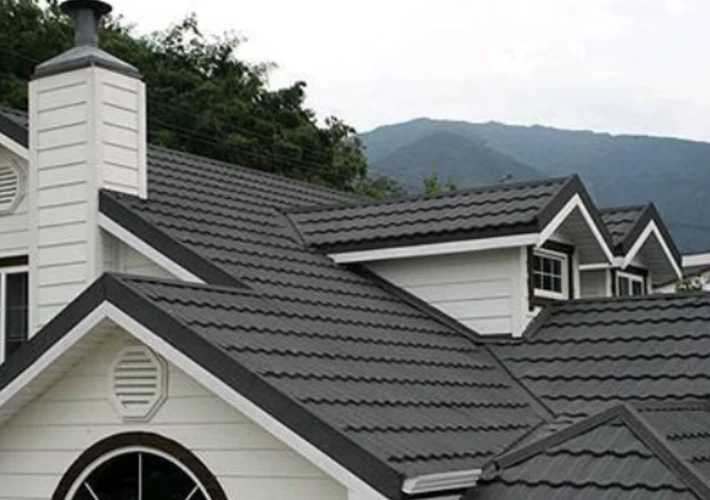
Factors Influencing Size Selection in Canada
1. Regional Climate
- Snow-Prone Areas (Ontario, Quebec, Manitoba): Larger sheets with fewer seams reduce snow buildup and potential leaks.
- Coastal Areas (British Columbia, Nova Scotia): Aluminum or Galvalume modular tiles (smaller size, corrosion-resistant).
- Prairies (Alberta, Saskatchewan): Standard modular tiles with strong wind resistance.
2. Building Type
- Residential Homes: Modular tiles (stone-coated, shingle style).
- Cottages and Cabins: Barrel-style tiles for rustic appeal.
- Commercial/Industrial: Large panels for faster installation.
3. Aesthetic Preference
- Homeowners often select tile sizes and profiles that resemble clay tiles, slate, or asphalt shingles to fit architectural styles.
4. Installation Speed & Cost
- Larger sheets reduce labor time but require professional handling.
- Modular tiles take longer but offer flexibility for complex roof shapes.
Comparison of Metal Roof Tile Sizes vs Other Roofing Materials in Canada
| Roofing Material | Typical Size | Lifespan | Application | Cost (per sq. ft.) |
|---|---|---|---|---|
| Metal Roof Tile (Modular) | 1,320 × 420 mm | 40–70 years | Residential | $7–$12 |
| Metal Sheet Panels | 1,000 mm × up to 6,000 mm | 40–70 years | Industrial/Commercial | $5–$9 |
| Asphalt Shingles | 1,000 × 330 mm | 15–25 years | Residential | $3–$5 |
| Clay Tiles | 400 × 250 mm | 50–100 years | Heritage/Custom | $10–$20 |
| Slate Tiles | 300 × 600 mm | 75–150 years | High-end | $20–$40 |
This comparison highlights why metal roof tiles in their standard Canadian sizes remain the most cost-effective and durable option for many projects.
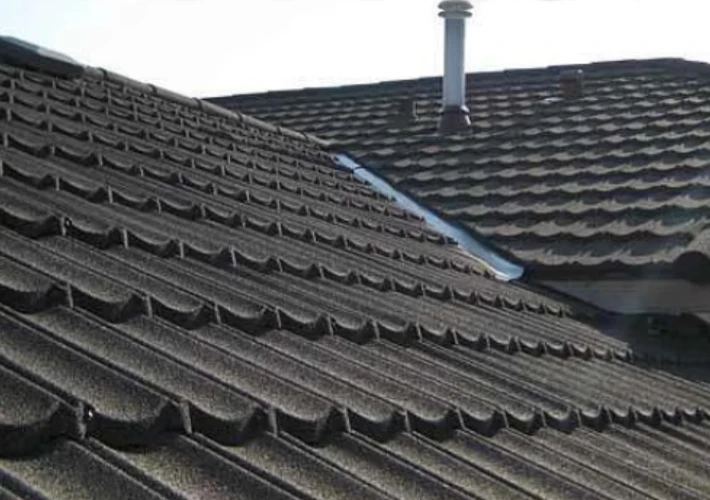
Market Trends of Metal Roof Tiles in Canada
- Growing Popularity of Stone-Coated Metal Roof Tiles – Especially in Ontario and British Columbia, where homeowners want the look of clay or slate without the weight.
- Rising Demand for Larger Panels – Contractors prefer larger effective coverage to reduce installation costs.
- Eco-Friendly Options – Recyclable metal tiles and reflective coatings are gaining traction in eco-conscious provinces like British Columbia.
- Custom Sizing Availability – Canadian importers and distributors often offer custom cutting services to fit specific project needs.
Expert Tips for Choosing the Right Metal Roof Tile Size
- Consult Local Installers: Different provinces have varying building codes and snow-load requirements.
- Consider Roof Pitch: Steeper roofs may benefit from modular tiles, while low slopes suit sheet panels.
- Account for Waste Factor: Modular tiles typically require 5–10% extra material, while large sheets may need only 3–5%.
- Balance Aesthetics and Functionality: If visual appeal is top priority, modular stone-coated tiles are the best choice.
Conclusion
Metal roof tiles are available in a wide range of sizes in Canada, with modular tiles (around 1,320 × 420 mm) and large sheet panels (1,000 mm effective width, lengths up to 6,000 mm) being the most commonly used. The choice of size depends on factors like climate, building type, installation cost, and aesthetic preference.
For residential homes, stone-coated modular tiles remain the top choice, while commercial projects benefit from large sheet panels for efficiency. With growing demand for sustainable and durable building materials, metal roof tiles will continue to expand in popularity across Canada.
As a professional metal roofing supplier from China, we provide a wide range of stone-coated steel roof tiles, Galvalume roofing sheets, and customized sizes to meet Canadian standards. If you are a wholesaler, contractor, or distributor seeking high-quality metal roof tiles for the Canadian market, contact us today for factory-direct prices and tailored solutions.
